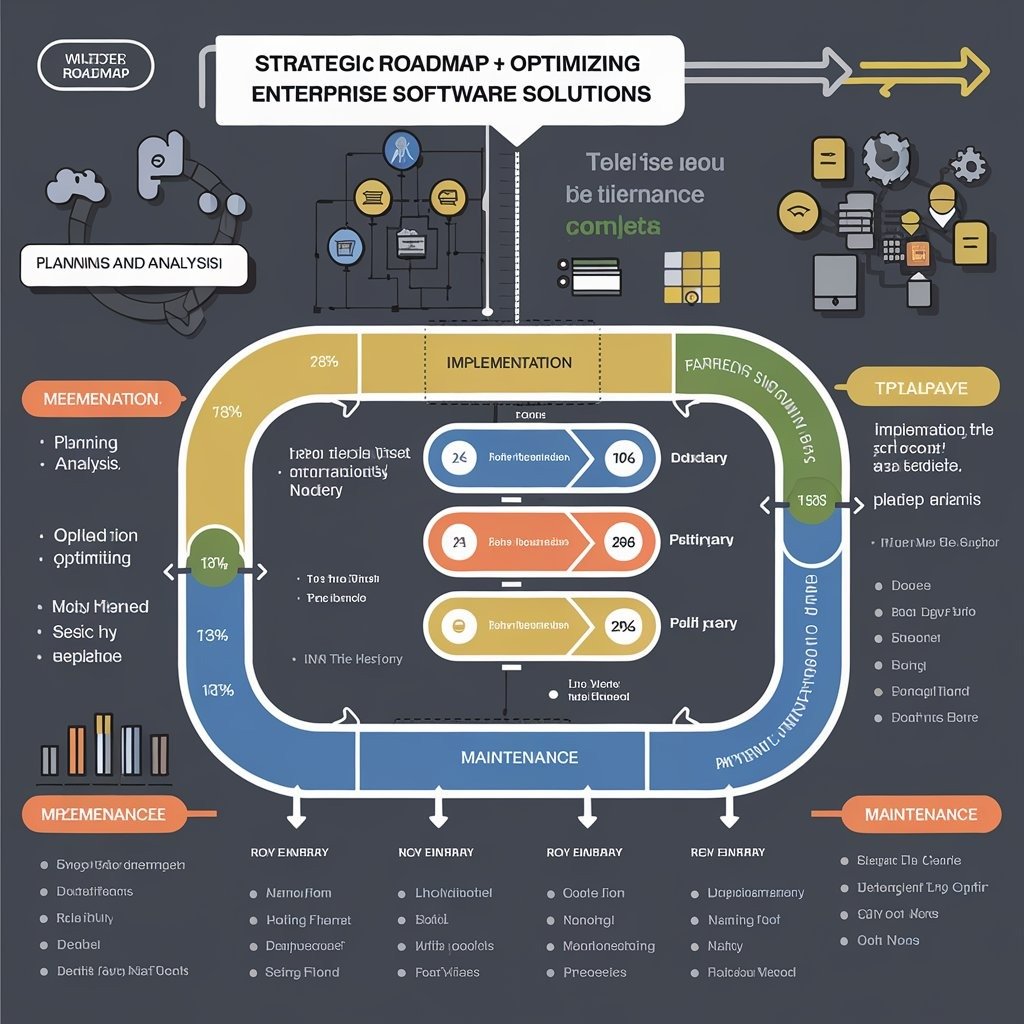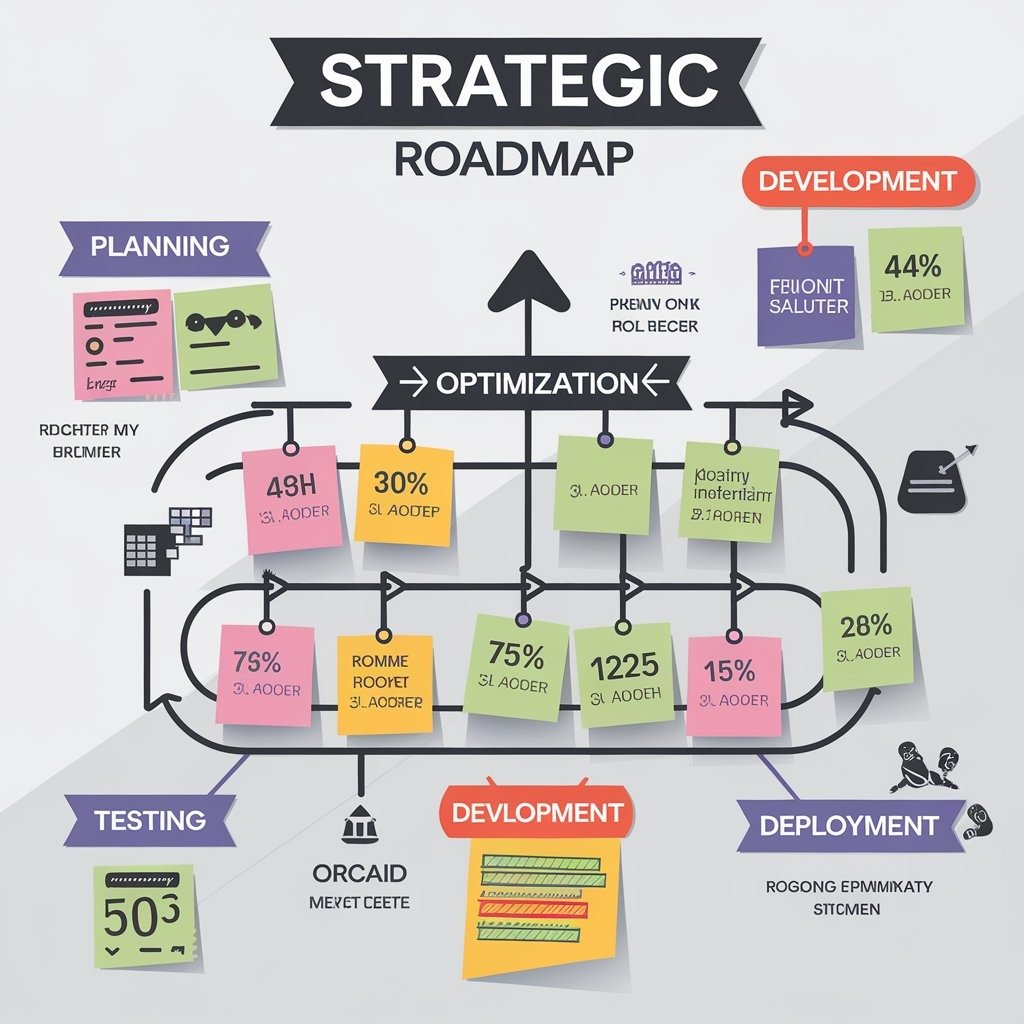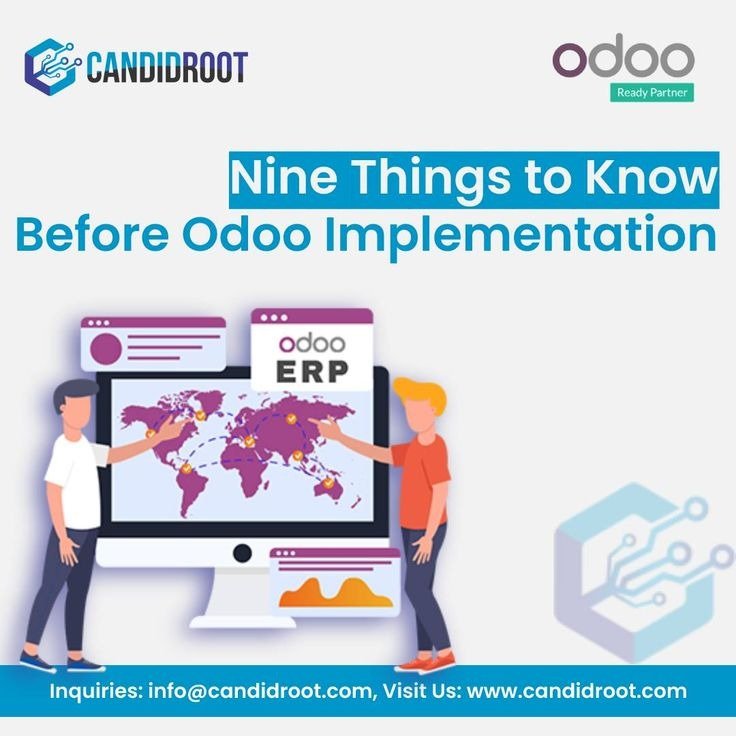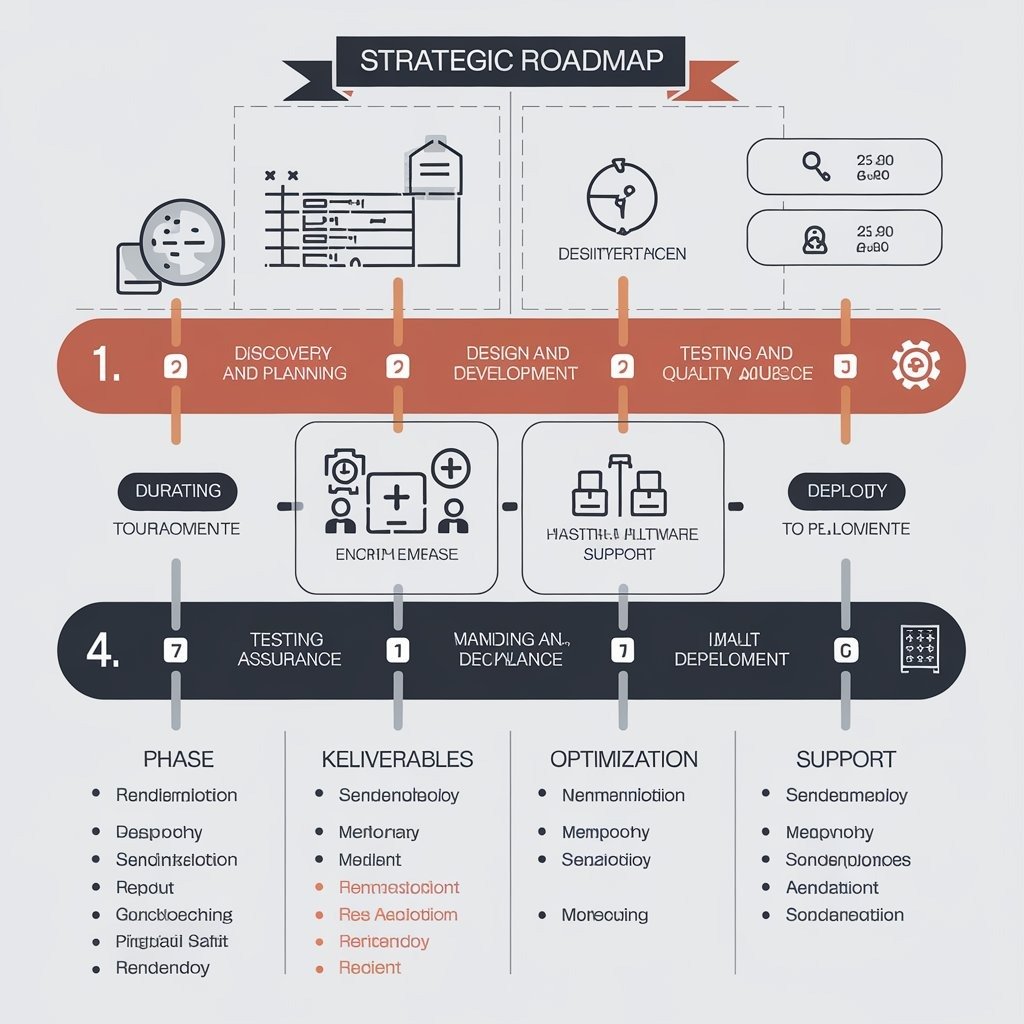Executive Summary
This strategic roadmap guides you through implementing and optimizing enterprise software solutions to drive digital transformation. Our guide explains how enterprise software – including ERP, CRM, and HRM systems – supports business process automation, custom software development, and advanced data management.
Learn how to integrate cloud ERP solutions like Oracle Cloud and leverage AI/ML modeling for real‑time dashboards and business intelligence. We cover essential aspects such as Salesforce automation, recruitment, payroll, and talent management, while ensuring robust data integration and security.

With practical tips for enhancing HR analytics and optimizing workflows, this roadmap empowers you to boost productivity for enterprise.
Enterprise Software Landscape
Enterprise software solutions drive digital transformation in modern organizations by streamlining business processes with custom software development, cloud ERP, and HRM software. Today’s market features a wide range of enterprise application software including ERP, CRM, HRM, BI, and ECM systems.
Companies leverage Oracle Cloud for managing data and dashboards, enabling integrated data analytics and real‑time reporting. In addition, intelligent automation through AI/ML modeling and IoT solutions enhances business process automation, Salesforce automation, and HR analytics.
These technologies empower businesses to improve data management, optimize recruitment, payroll, and talent management, while ensuring robust data integration and security for long-term future success.
In‑depth Feature Analysis
Enterprise software solutions offer powerful features that drive digital transformation. Core functionalities include seamless integration capabilities, real‑time analytics, and user‑friendly dashboards that simplify data management and support custom software development.
Advanced technologies, such as AI/ML modeling and IoT solutions, empower intelligent automation for business process automation, Salesforce automation, and comprehensive HRM software.
These systems deliver tailored ERP/CRM and HR solutions, streamlining recruitment, payroll, and talent management. With robust security, scalability, and compliance measures, companies can achieve end‑to‑end HR lifecycle management and leverage Oracle Cloud for integrated data analytics and digital transformation, ensuring a competitive edge in today’s evolving market globally.
Strategic Planning and Vendor Selection
When selecting an enterprise software solution, strategic planning is key. Start by evaluating vendors based on their expertise in custom software development, cloud ERP, CRM, HRM, and business intelligence.
Look for solutions that integrate seamlessly with your existing systems, like Oracle Cloud for managing data and dashboards, while also offering AI/ML modeling and IoT capabilities for intelligent automation. Assess cost structures, ROI, and support services to ensure long-term value. Consider partnership models and ecosystem integration, which streamline processes like Salesforce automation, recruitment, and payroll.

This approach ensures a solution that meets your needs for digital transformation and robust data integration.
Implementation Best Practices
Effective implementation of enterprise software solutions requires thorough planning. Begin with pre‑implementation by ensuring data readiness and a solid system architecture.
Engage stakeholders early to align expectations for your custom software development projects, whether for ERP, CRM, or HRM software. Use pilot testing and phased deployment strategies to integrate robust cloud ERP and Oracle Cloud solutions for seamless data integration.
Prioritize change management and continuous training to ensure smooth user adoption. With these best practices, you can optimize business process automation and empower intelligent automation through AI/ML modeling, ultimately achieving long‑term digital transformation success. This approach builds competitive advantage.
Enhancing Data Management and Analytics
Enterprise software solutions empower organizations to manage data seamlessly. By leveraging cloud ERP and Oracle Cloud, companies can optimize dashboards and reporting for real‑time analytics and business intelligence.
Advanced data visualization techniques transform raw data into intuitive insights, bridging data silos and enabling efficient data integration. Intelligent automation through AI/ML modeling and IoT solutions further enhances digital transformation, supporting end‑to‑end HRM software for streamlined recruitment, payroll, and talent management.
Custom software development and Salesforce automation drive better data management while ensuring robust security and compliance. This unified approach results in a powerful, scalable system that turns complex data into actionable, strategic insights.
New and Missing Headings
In today’s fast-evolving digital landscape, it’s vital to consider sustainability and ethical considerations when implementing enterprise software solutions. Embracing green IT practices and responsible AI ensures your systems remain eco-friendly and secure.
Equally important is a user‑centric design that delivers intuitive experiences across ERP, CRM, and HRM software. Future‑proof your investments with strategies for performance optimization and scalability, ensuring seamless integration of custom software development, cloud ERP like Oracle Cloud, and AI/ML modeling.
By prioritizing these innovative approaches—along with comprehensive data management, real‑time dashboards, and efficient business process automation—you can drive digital transformation and achieve long‑term competitive success.
FAQs
Q1: What are enterprise software solutions?
Enterprise software solutions are comprehensive IT platforms that include ERP, CRM, HRM, and SaaS systems. They integrate custom software development with cloud ERP tools like Oracle Cloud for data management, real‑time dashboards, and analytics.
Q2: How do these solutions deliver business value?
They streamline business process automation by enhancing recruitment, payroll, and talent management through AI/ML modeling, Salesforce automation, and integrated data analytics.
Q3: What factors ensure smooth implementation?
Effective vendor selection, robust integration strategies, and proper change management guarantee scalability, security, and measurable ROI.

Q4: How can companies future-proof their enterprise software investments?
By continuously monitoring emerging trends, investing in AI-driven enhancements, and prioritizing flexible, scalable solutions, companies can secure long-term competitive advantages and achieve ongoing digital transformation success for optimal results
Conclusion and Strategic Recommendations
In summary, enterprise software solutions—including ERP, CRM, and HRM systems—drive digital transformation through custom software development, cloud ERP (like Oracle Cloud), and AI/ML modeling.
These tools streamline business process automation, data management, and real‑time dashboards while enhancing recruitment, payroll, and talent management. Strategic vendor selection, effective change management, and continuous innovation are key to achieving scalable, secure, and sustainable solutions.
As you plan your next steps, focus on integrated analytics, Salesforce automation, and unified data integration.
Embrace emerging technologies and best practices to future‑proof your investments, ensuring your enterprise remains competitive and agile in a rapidly evolving market.


